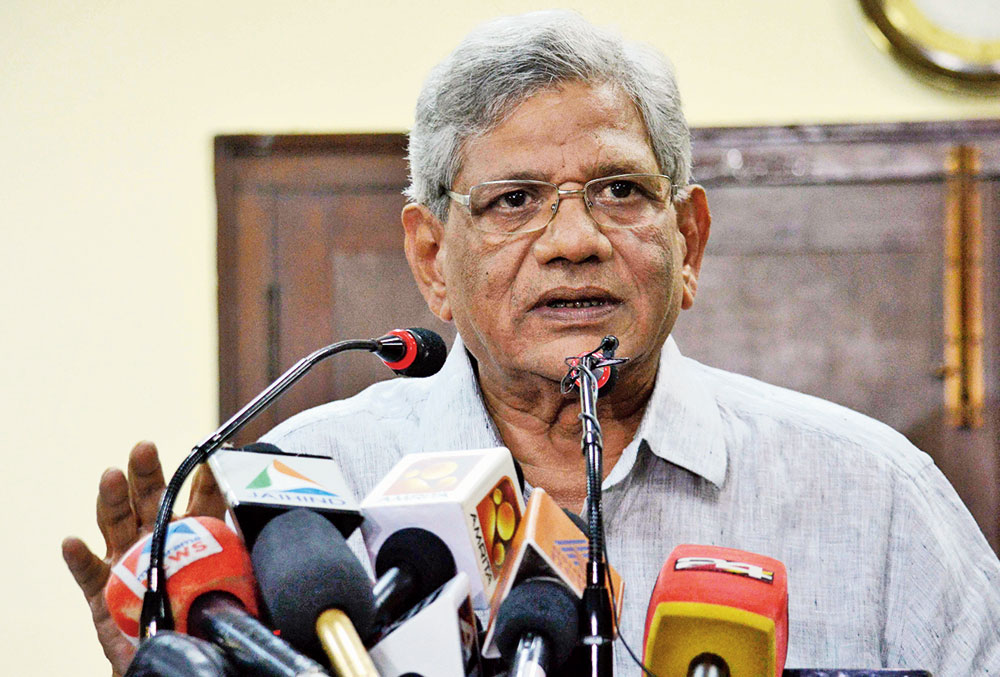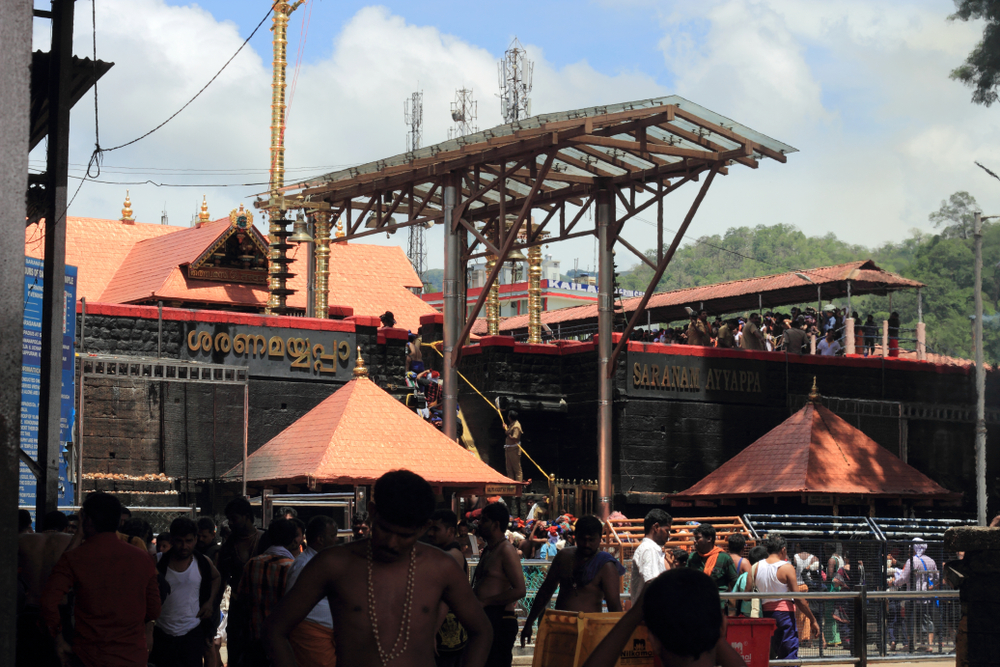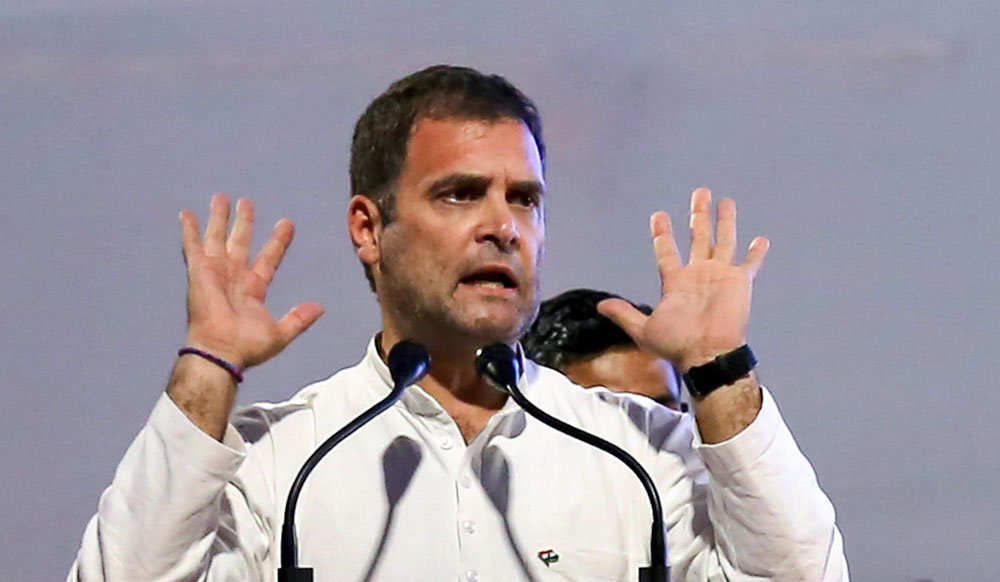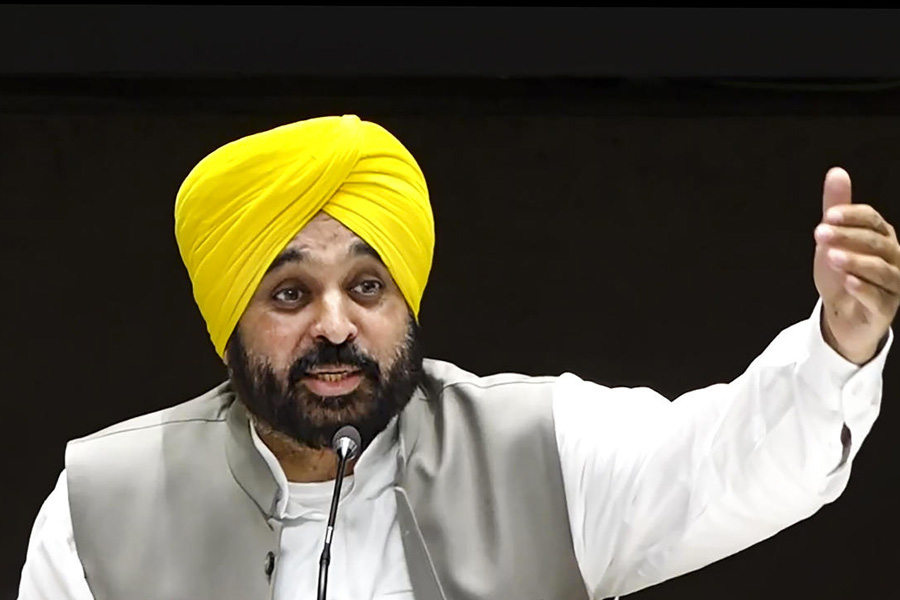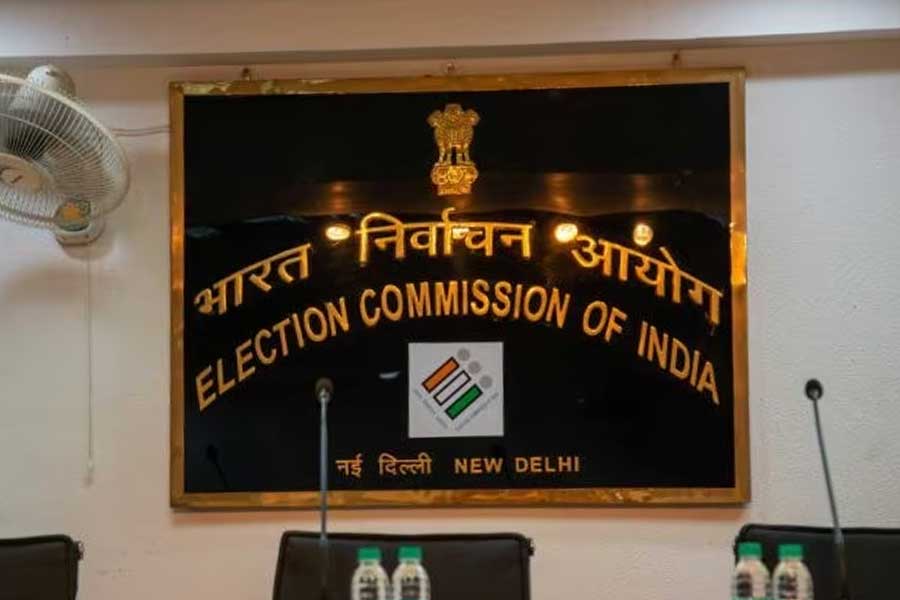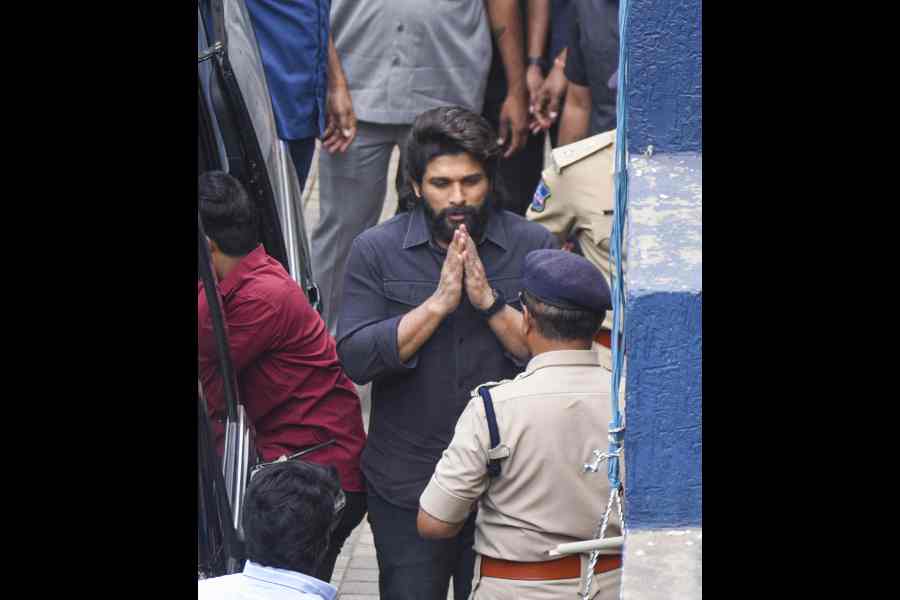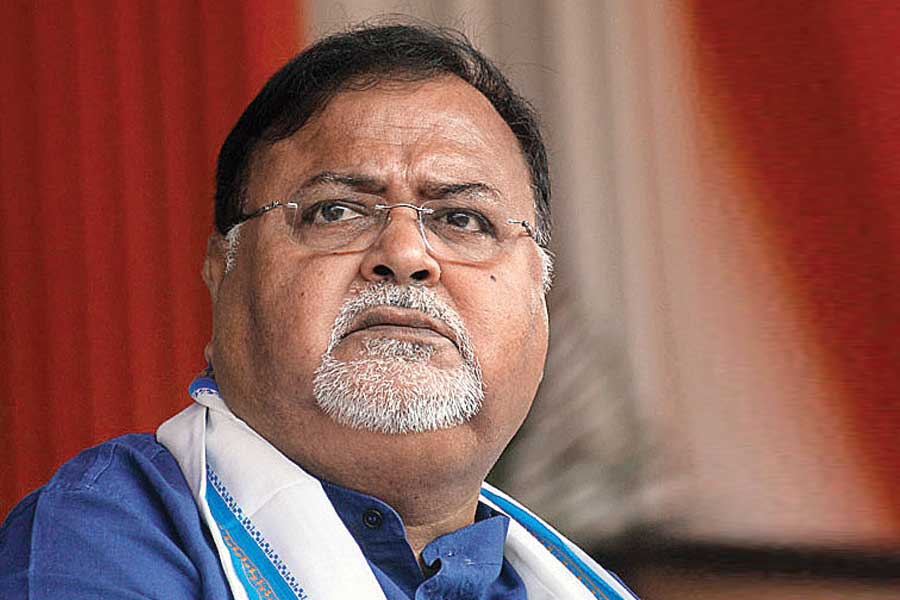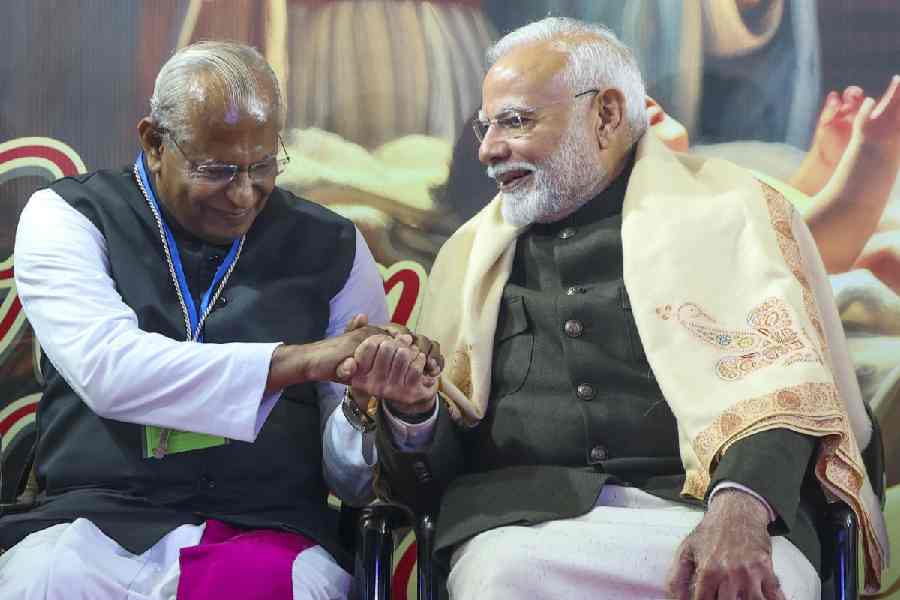The CPM’s Kerala unit has blamed the party’s national approach towards the Congress for its rout in the country’s only Left-ruled state but Tamil Nadu justified the much-contested political line pushed by general secretary Sitaram Yechury.
Bengal, too, saw in it no fault at Monday’s politburo meeting.
The party ended up with just one of the 20 Lok Sabha seats in Kerala, drew a blank in Bengal and won two in Tamil Nadu where it was part of an alliance that included the Congress.
At Monday’s post-mortem of the CPM’s worst-ever performance, the politburo attributed it to a number of reasons, including the weak messaging by the Opposition that failed to counter the money-backed narrative built by the BJP around the leadership of Prime Minister Narendra Modi.
Bengal party secretary Surjya Kanta Mishra is understood to have said the ropes of the state unit should go to a young leadership but this, according to other politburo members, should not be seen as a resignation.
Asked at a media briefing whether anyone had offered to resign over the CPM’s performance as Congress president Rahul Gandhi has and Bengal chief minister Mamata Banerjee had, Yechury said this was not the practice in the party. “This does not mean there is no accountability. As general secretary, I take responsibility. The CPM functions on collective responsibility. We are all equals, I am just first among the equals as general secretary,” Yechury said.
At the meeting, Mishra, too, is said to have taken responsibility for the Bengal rout.
There was general consensus that “jingoistic nationalism” overshadowed people’s issues that the Opposition had tried to focus on. “This was aided by the build-up of the Modi persona through a combination of factors. These included the effective use of technology and its instruments of messaging to the people backed by big data analytics and micro-level social engineering. Sections of the media partnered such projection backed by massive money power. The role of the Election Commission was also a factor that permitted the build-up of such a narrative.’’
The difference was, as usual, on the political line, particularly vis-à-vis the CPM’s relationship with the Congress. The Kerala unit felt hemmed in by the party’s political line of having an electoral understanding with the Congress to defeat the BJP in the three-cornered fight in the state.
Others felt the Kerala unit had failed to implement the line and targeted the Congress more than the BJP in the state. The party is keeping fingers crossed that the votes that shifted to the Congress in the state will return to the CPM in the Assembly elections.
The Tamil Nadu unit — which ironically now has the maximum number of CPM MPs at two — said the result in the state was proof that the party line adopted in Hyderabad last year had worked. The CPM joined the DMK-led alliance, of which the Congress was also a part, and struck gold, recording a cent per cent strike rate by winning both the seats it contested as part of the coalition.
In Bengal, the report is that the polarisation of votes between the BJP and Trinamul left little democratic space for other parties. The Bengal unit said the failure to implement the line was why it didn’t pick up even one seat. The CPM had attempted an understanding with the Congress, proposing a no-contest against each other in the six seats they held between themselves, but failed to reach a deal. The CPM kept its side of the bargain. The two seats the Congress picked up in Bengal are those where the Left didn’t contest.

